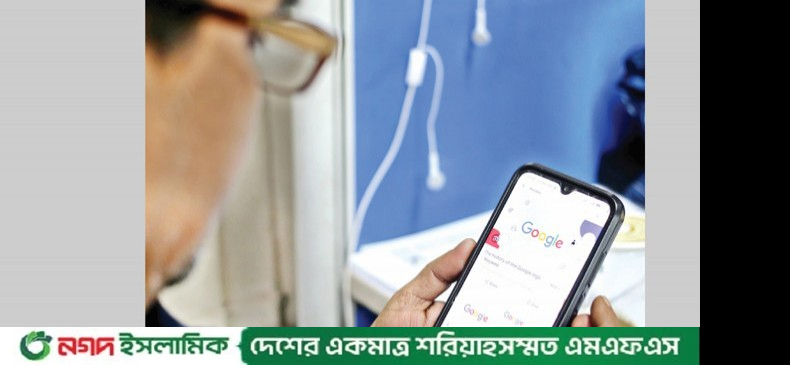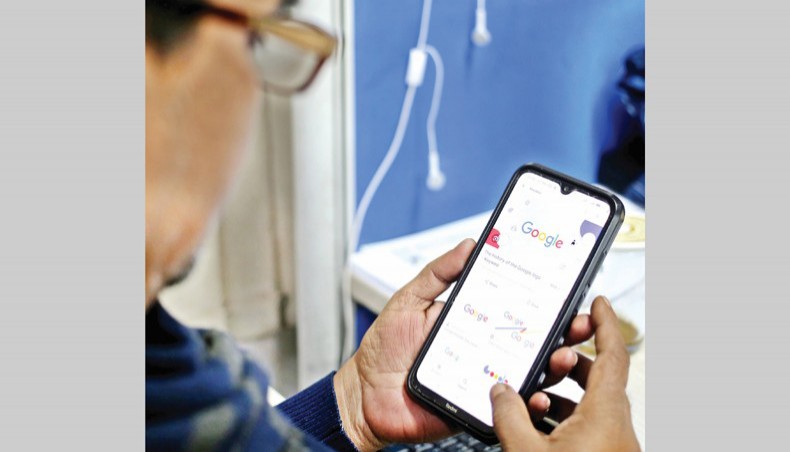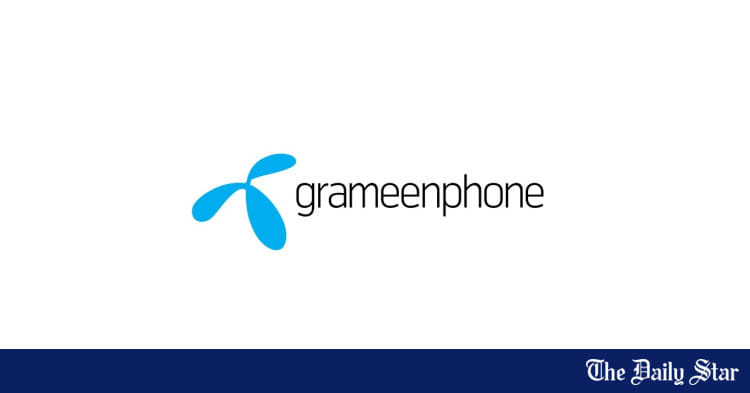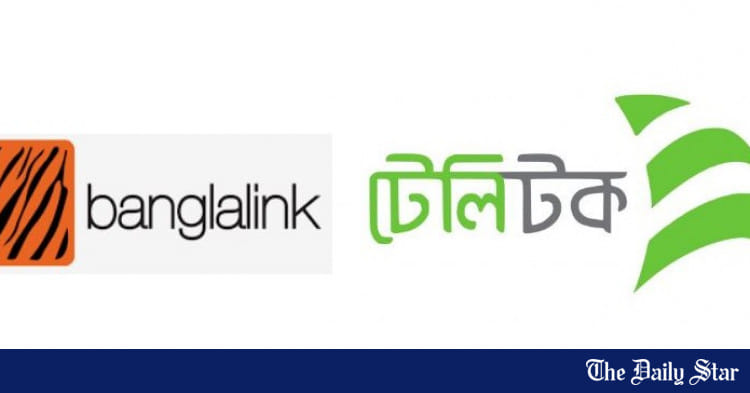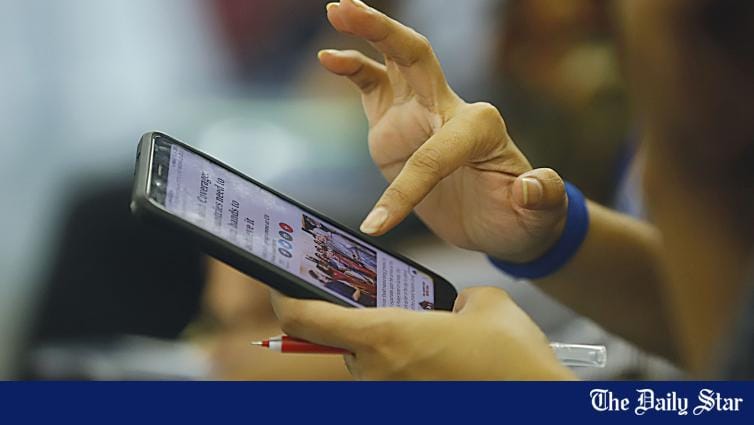Saif
Senior Member
- Joined
- Jan 24, 2024
- Messages
- 17,175
- Likes
- 8,163
- Nation

- Residence

- Axis Group

Symphony leads, Xiaomi slips: Study outlines market share of smartphones in Bangladesh
2023 witnessed a decline in the demand for 5G smartphones, with their share in total shipments dropping to 2% from 10% in 2022.
The Bangladesh smartphone market witnessed notable changes in its competitive landscape from 2022 to 2023, as detailed by a recent Counterpoint study. The year 2023 saw changes in consumer preferences and market shifts that significantly impacted brand standings.
Xiaomi observed a decrease in market share from 17.5% to 11.3%. Conversely, itel's market share ascended from 6.2% to 11.8%. Infinix and Tecno, both enjoyed growth in their market shares, with Infinix moving from 9.3% to 13.3% and Tecno from 5.9% to 15.8%.
According to Counterpoint, Vivo also saw an increase in market share from 11.4% to 16.1%, solidifying its market presence. The collective share of smaller brands categorised as 'Others' diminished from 49.7% to 31.6%, indicating a market consolidation favouring leading brands. Symphony maintained its leadership in the handset market with an 18% share, outlines the study.
2023 witnessed a decline in the demand for 5G smartphones, with their share in total shipments dropping to 2% from 10% in 2022, as 5G has not yet become a compelling feature for the majority of consumers. Despite this, Vivo led Bangladesh's 5G smartphone shipments for the second consecutive year, followed by Realme and Xiaomi.
The overall mobile handset market in Bangladesh declined by 25% year-on-year in 2023. The feature phone market also saw a 24% decline due to an accelerated transition to smartphones. Despite a flat smartphone share in overall handset shipments, Symphony continued to dominate the feature phone segment with a 39% share.
The study further details that consumer demand for smartphones was initially weak in 2023, attributed to higher inflation rates and currency depreciation. This resulted in the lowest quarterly shipments in the first quarter of 2023 in the past three years. Market consolidation occurred with the exit of over 10 brands, elevating the top five brands' share to 68% from 63% in 2022. These brands concentrated on the entry and affordable segments, responding to the predominant consumer demand.


































